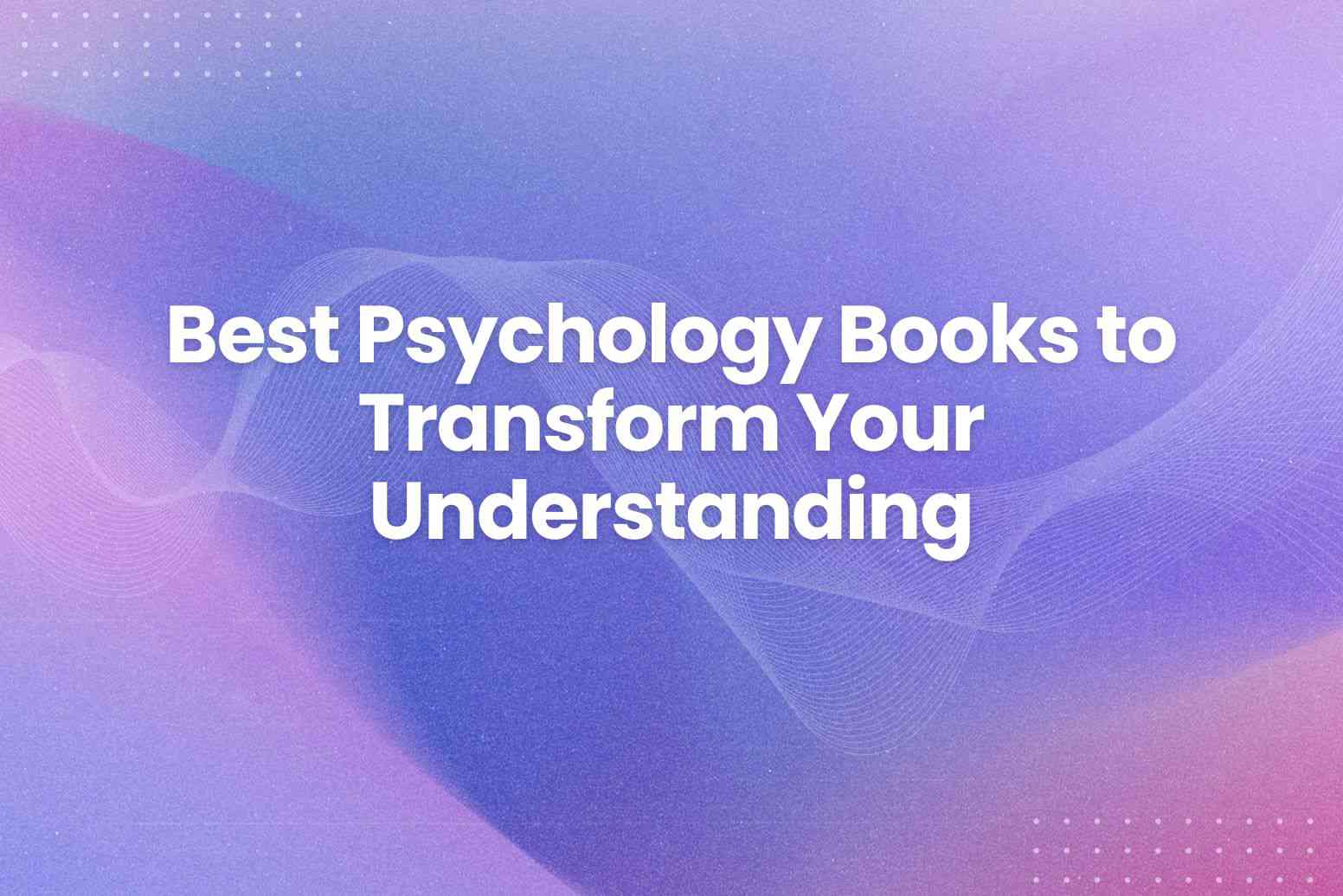If you’re curious about what it means to be human, psychology books can help. If you want to live a happier, fuller life, these books are captivating. The right resources can make a significant difference. Your background doesn’t matter. You could be a student, an experienced professional, or simply someone eager to learn more about yourself and others. Here we provide the best psychology books for improving interpersonal relationships, enhancing mental well-being, and fostering personal growth.
If you’re interested in exploring the fascinating world of psychology further, don’t hesitate to engage with Arvin, your intelligent assistant. Arvin can help you dive deeper into any of the books mentioned, recommend additional readings based on your interests, or answer specific questions you may have.
Read also: Best Nonfiction Books for a Deeper Understanding of Life
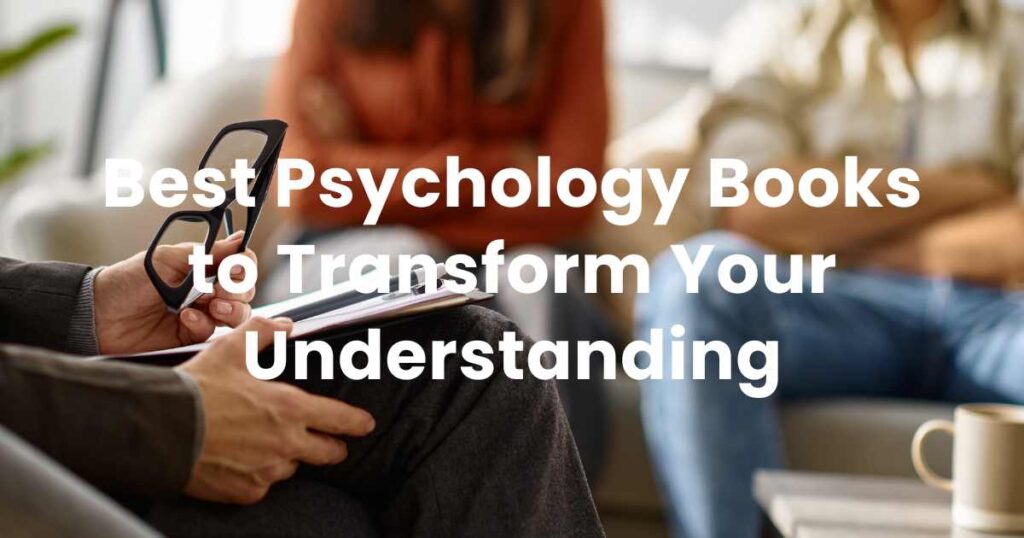
The Person and the Situation by Lee Ross
How does the situation we’re in influence the way we behave and think? Professors Ross and Nisbett argue that our behavior is significantly influenced by the context we find ourselves in. This idea is explored in their timely reissue of a classic textbook in social psychology. With a new foreword by Malcolm Gladwell, author of The Tipping Point.
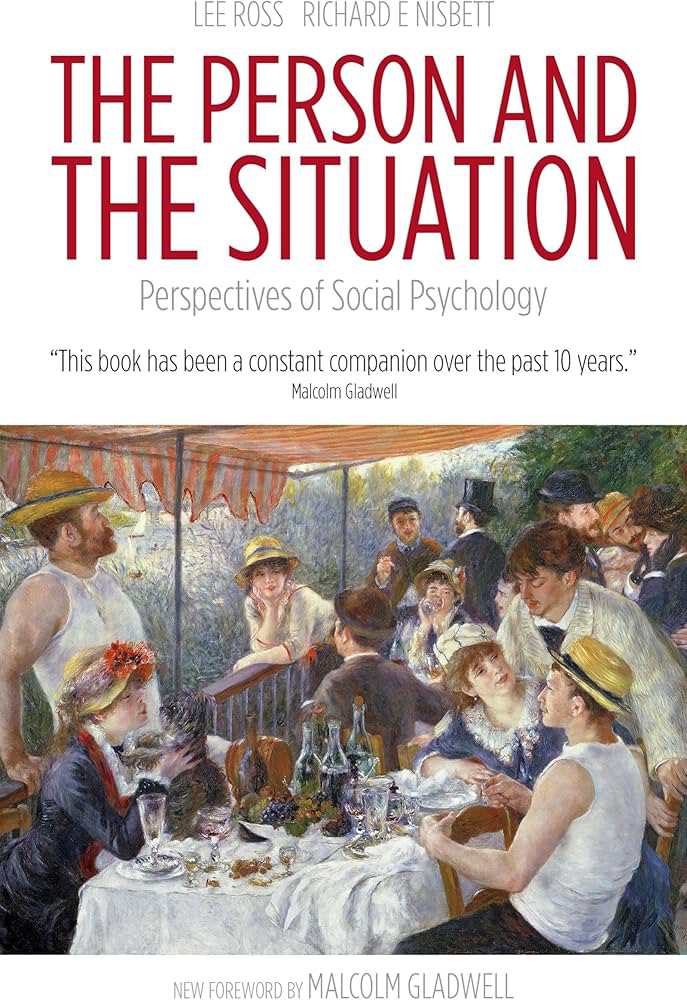
Will I Ever Be Good Enough by Karyl McBride
It deals with the effect that narcissistic mothers have on their children, especially daughters, and it should be mandatory reading for mothers. You will better understand narcissism, mother/child dynamics, and the importance of parental love and acceptance. Most of all, it focuses on how lack of motherly love scars children for life and dooms them to a life of low self-esteem.
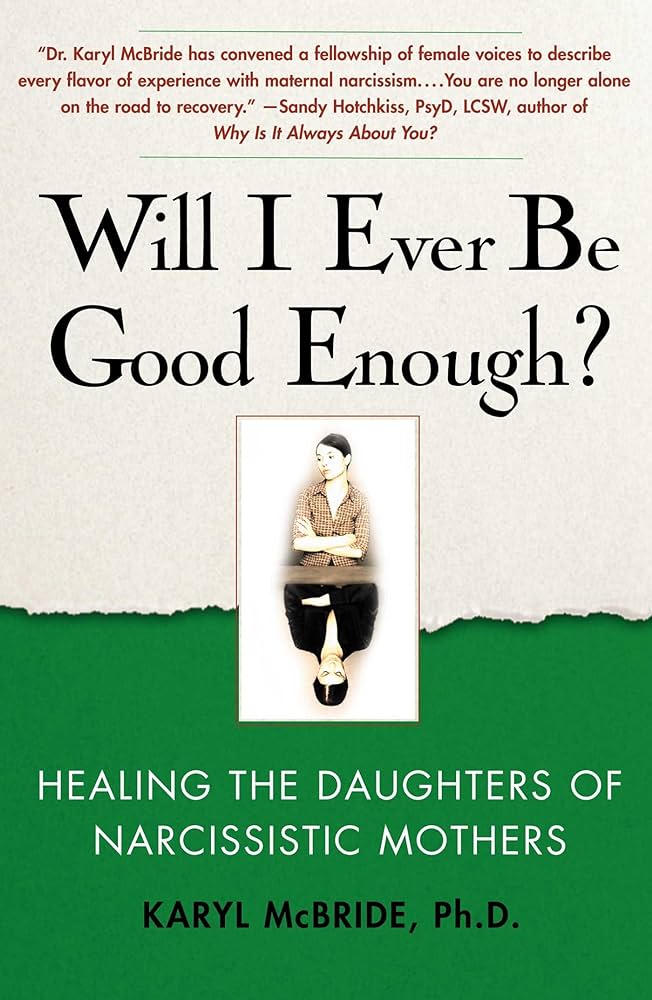
The Psychopath Test by Jon Ronson
This collection of anecdotes from author and journalist, Jon Ronson, makes for an interesting read. Through careful research and countless visits to psychologists, psychiatrists and diagnosed psychopaths, Ronson explores the characteristics that lie behind psychopathy.
Ronson frequently references the Hare test to discuss the idea that many world leaders in business and politics may actually be psychopaths. His engaging storytelling keeps you turning the pages, while the non-academic tone makes it accessible for readers with little to no background in psychology.
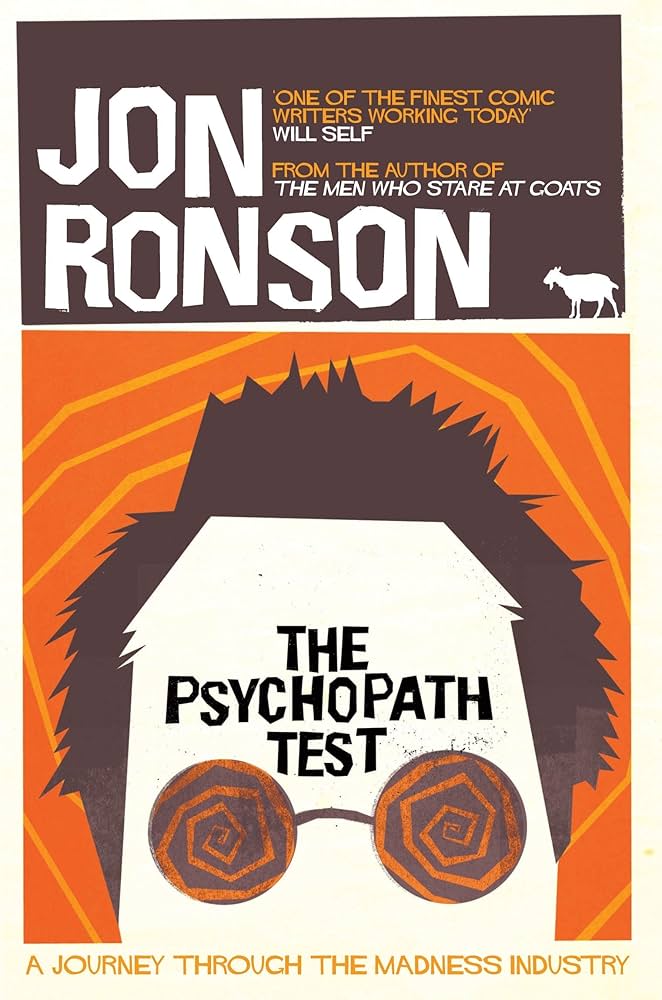
Thinking Fast and Slow by Daniel Kahenman
Famous for his work on decision-making psychology, Daniel Kahneman examines two systems that influence our thinking. In Thinking, Fast and Slow, he explains that most of our decisions occur quickly, without the rational part of the brain getting involved. These quick decisions often rely on simplistic and sometimes incorrect heuristics.
Kahneman provides valuable insights on when to trust our instincts, drawing from both personal and professional experiences. He discusses the faults that impact fast thinking and the cognitive biases affecting nearly every decision we make. You’ll finish this book feeling like you’ve learned something new.
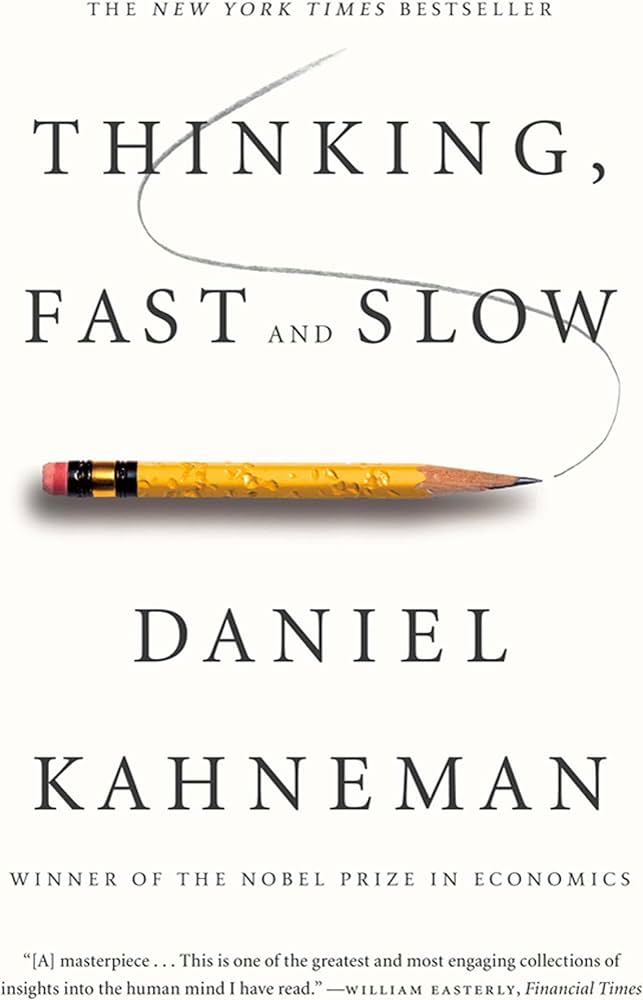
Predictably Irrational by Dan Ariely
When it comes to the choices we make in our lives, we all feel fairly in control, right? This book, authored by behavioral economics expert and Duke University professor Dan Ariely, may change your perspective. In a series of fascinating experiments, Ariely explores the invisible factors that influence our decision-making, including emotions, social norms, and expectations. Even more intriguing is Ariely’s assertion that our poor decisions are not random; instead, many of us are ‘predictably irrational.’
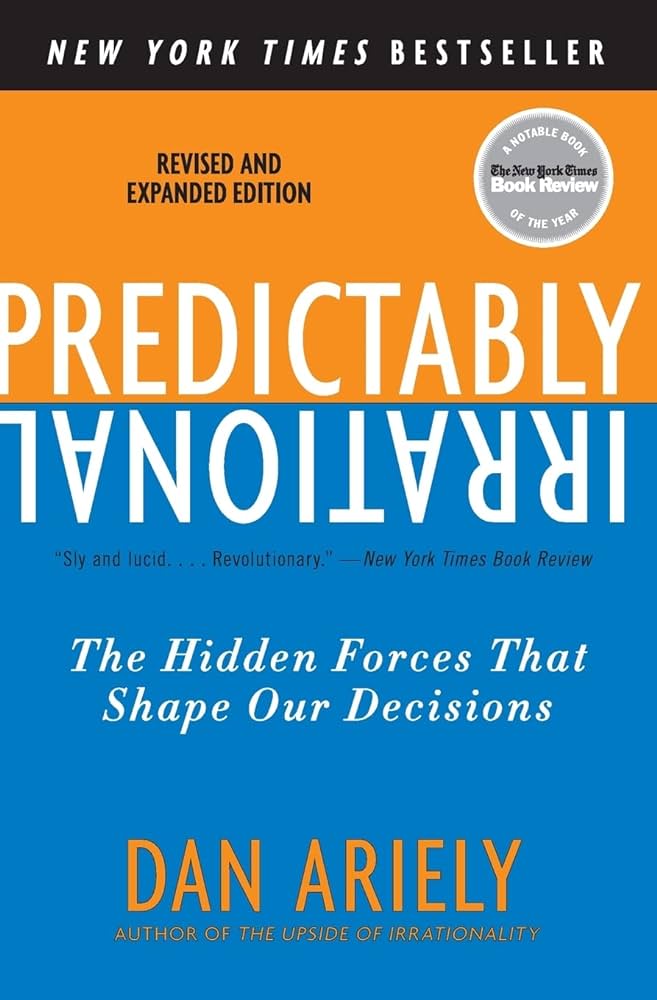
Magic Words: What to Say to Get Your Way by Jonah Berger
A world-renowned marketing expert reveals how mastering just a few words can transform your life. This book offers an inside look at the new science of language and demonstrates how you can use it to motivate, engage, and persuade others effectively.
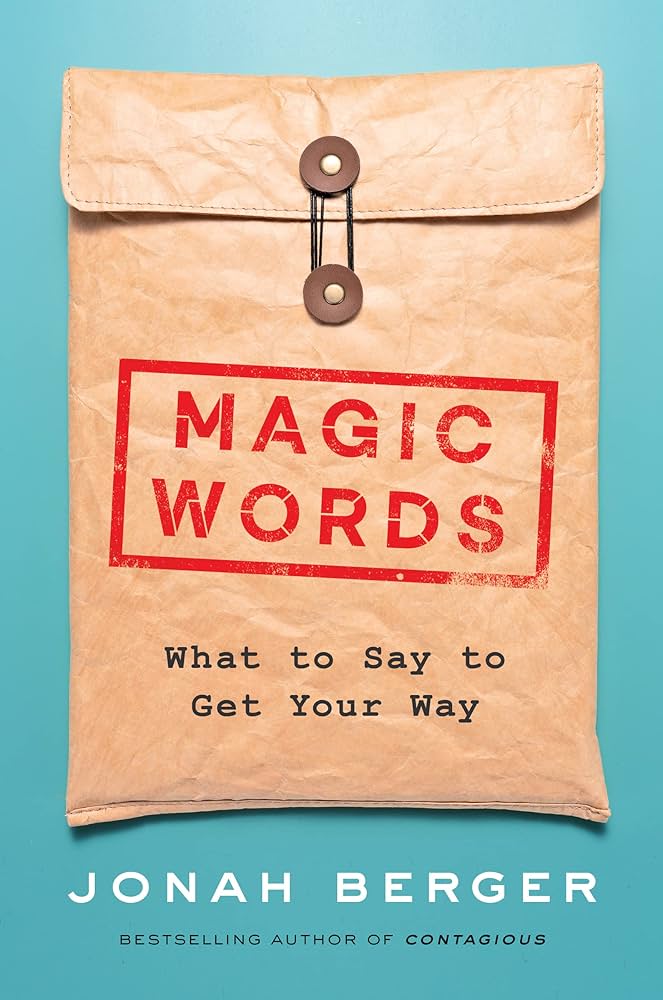
The Confidence Game by Maria Konnikova
If you’ve ever wondered how big personalities manage to deceive others repeatedly, this book has the answers. Konnikova explores the reasons behind con men’s behavior and delves into the minds of their victims. She examines why people fall for their tricks multiple times and how our perception of truth can be altered by individuals we barely know.
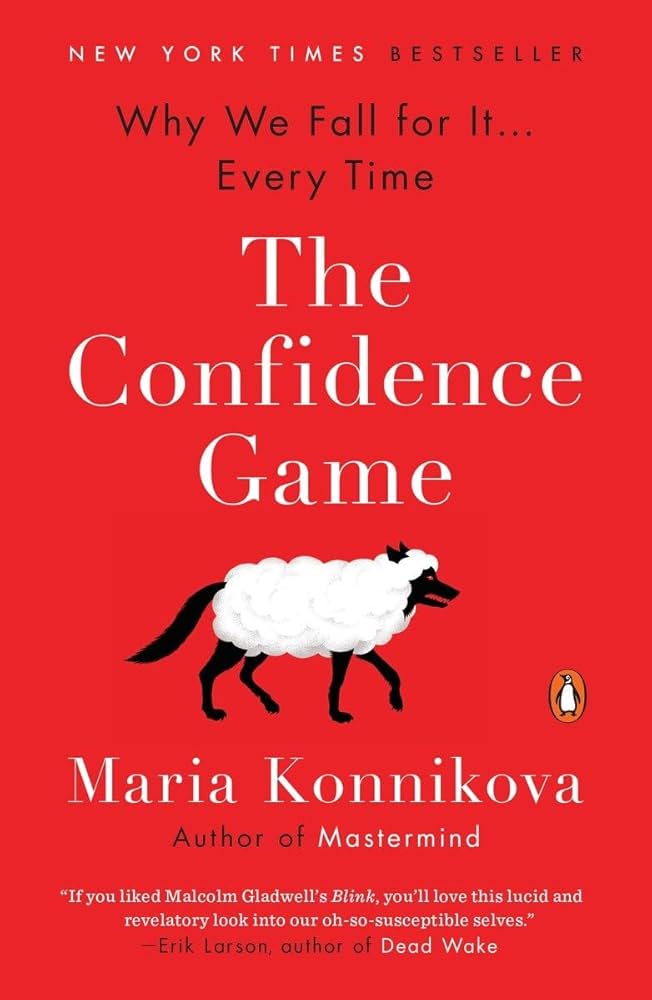
The Good Life: Lessons from the World’s Longest Scientific Study of Happiness by Robert Waldinger and Marc Schulz
What makes for a happy life, a fulfilling life? A good life? According to the directors of the Harvard Study of Adult Development, the longest scientific study of happiness ever conducted, the answer to these questions may be closer than you realize.
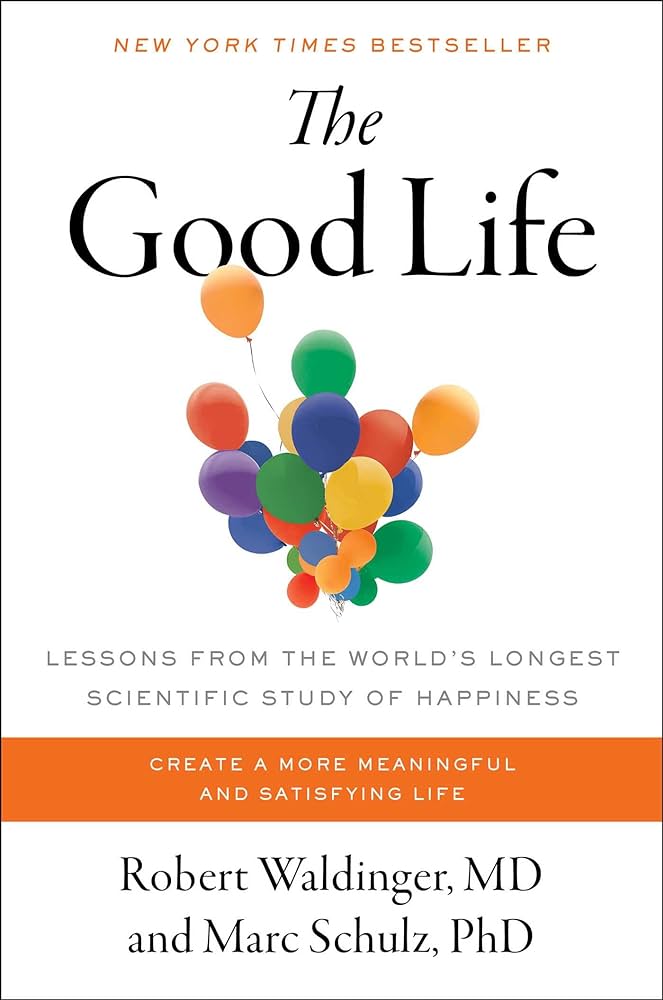
The Power of Habit by Charles Duhigg
Award-winning business reporter Charles Duhigg explores human nature and habits in this insightful book. He explains why habits develop and how we can change them. Duhigg argues that understanding habits is key to achieving common goals, such as staying fit and healthy or building a successful business.
Known for his ability to turn complex information into engaging narratives, Duhigg delivers an intriguing read in The Power of Habit, making it a must-read for anyone looking to transform their habits.
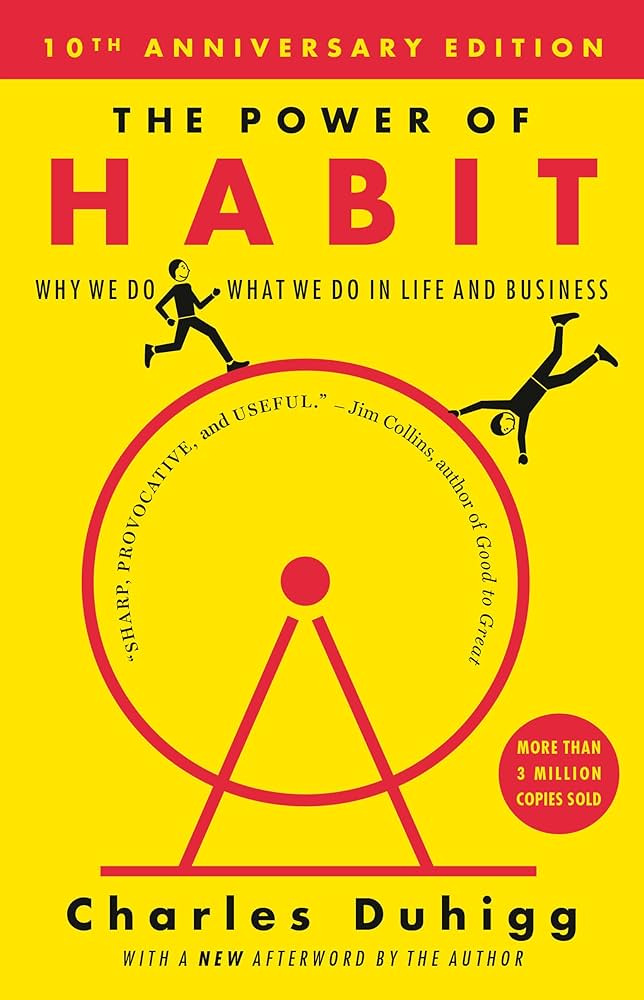
The Wandering Mind: What Medieval Monks Tell Us About Distraction by Jamie Kreiner
A revelatory account of how Christian monks identified distraction as a fundamental challenge―and how their efforts to defeat it can inform ours, more than a millennium later.
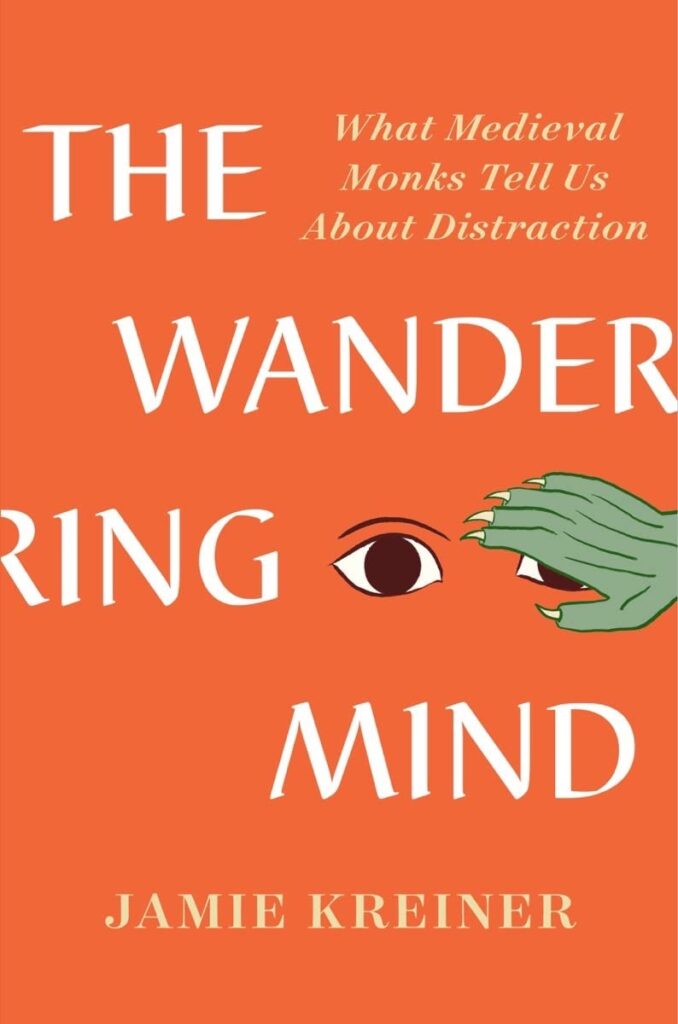
Grit by Angela Duckworth
Described as a “must-read for anyone striving to succeed,” psychologist Angela Duckworth’s Grit reveals what she believes to be the secret to success: not talent, but focused persistence, which she calls “grit.”
In her book, Duckworth argues that talent plays a minimal role in a person’s ability to succeed. Instead, she emphasizes factors like resilience and goal understanding, explaining how they significantly increase our likelihood of achieving our desired outcomes in life. Her book draws on many case studies, from young Spelling Bee finalists through to renowned and highly successful CEOs.
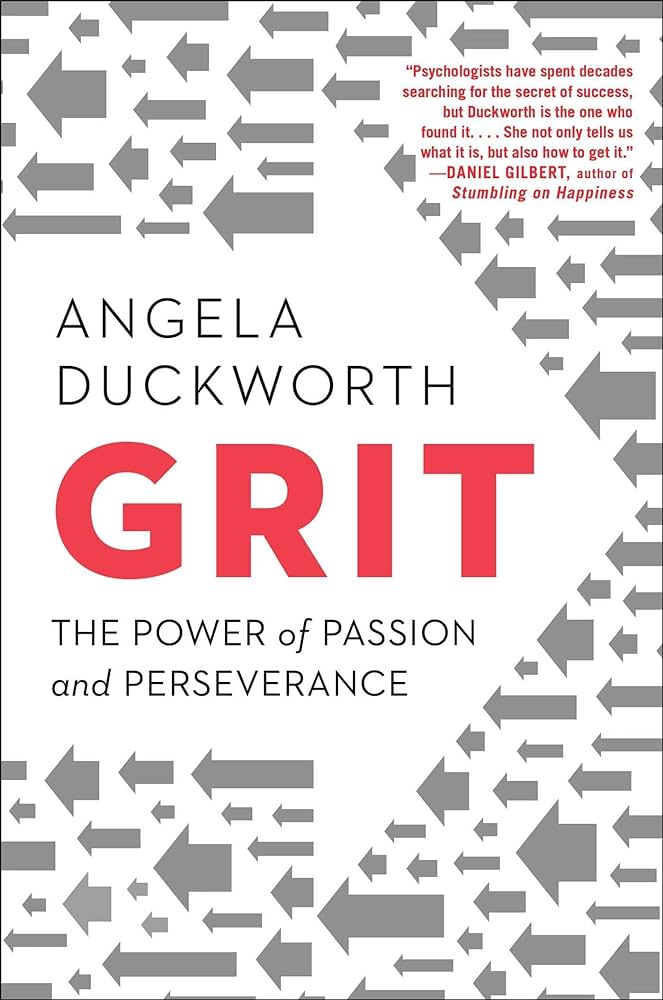
Mindset: Psychology of Success by Carol Dweck
The Mindset was the N.1 of the best self-help books list. But it’s also a wonderful book to understand all-around human psychology. You will gain insight into why some people constantly make excuses and fear trying new things—personal identity and social identity are at stake before developing a growth mindset. While Mindset and Carol Dweck have received criticism during the psychology replication crisis, the book remains a foundational text in understanding motivation and personal growth.
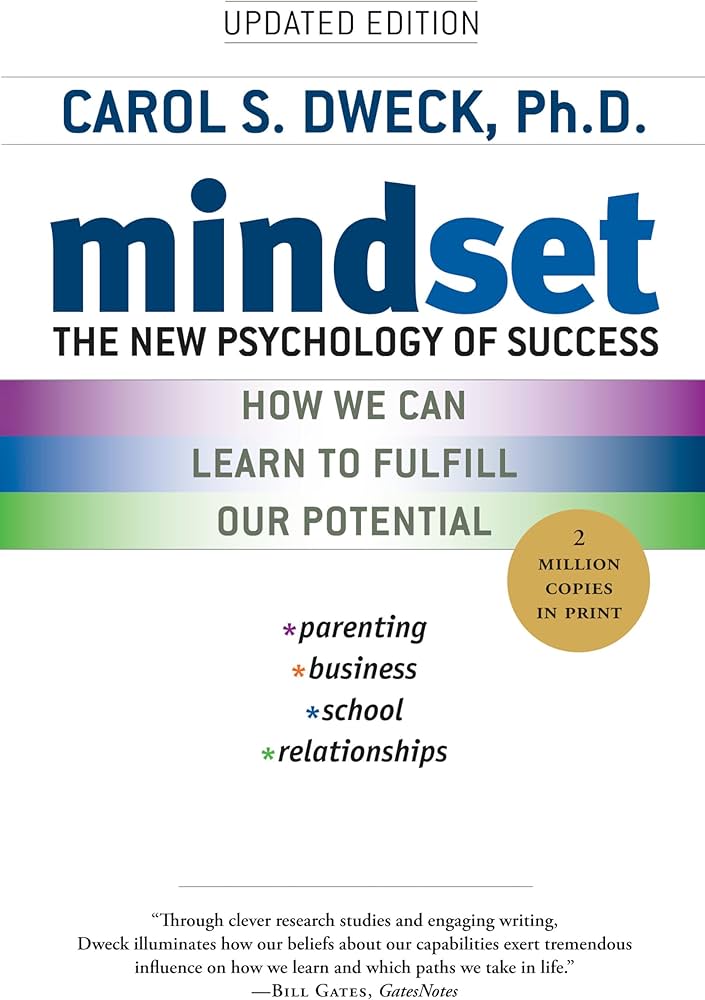
Learned Optimism by Martin Seligman
In “Learned Optimism” you will pardon the cacophony, and learn how to be happier and more optimistic. And, incidentally, also how to achieve more, enjoy better relationships, and, if you’re interested, how to be elected in office -no kidding, optimistic politicians clean it at the polls. “Learned Optimism” is one the first books in the field that has come to be known as “Positive Psychology“. And, in the years, there has been a proliferation of “Positive Psychology” books.
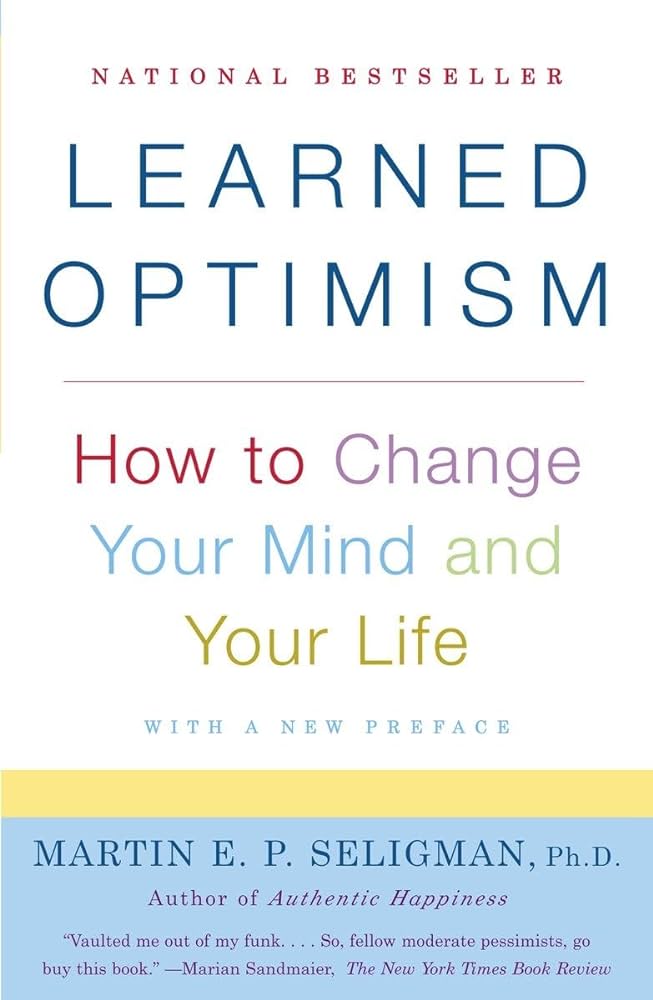
Conclusion
Are there any psychology books you think should have made it onto the list? The 13 best psychology books serve as essential resources for anyone eager to deepen their understanding.
Uncover the insights of the human mind and enhance your understanding of psychology with Arvin‘s assistance. All it takes is a question to get started!
FAQs
Reading psychology books can enhance your understanding of human behavior, improve emotional intelligence, foster better relationships, and provide practical strategies for personal growth. They can also help you comprehend psychological theories and concepts that explain how people think, feel, and act.
Yes, many of the books on our list are suitable for readers new to psychology. They often present complex concepts in an accessible manner, making them ideal for anyone interested in the subject, regardless of prior knowledge.
Consider your specific interests within psychology. If you’re interested in mental health, look for books on that topic, such as those focusing on therapy techniques. For a deeper understanding of social behavior, consider books that address social psychology. Read reviews and summaries to find books that resonate with you.



